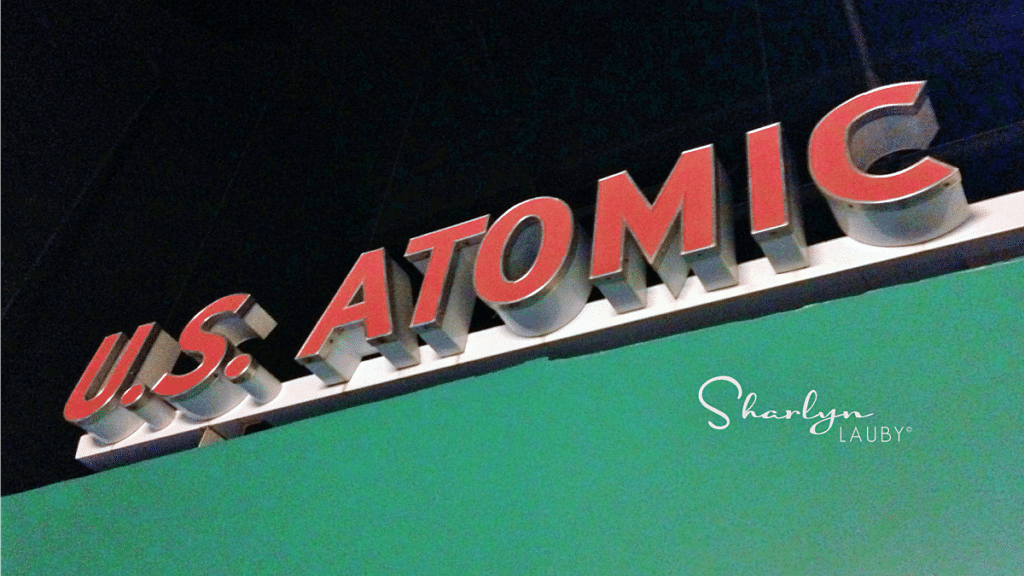We Need STEM and We Need MESH

I ran across an article recently on Medium titled “Forget STEM, We Need MESH”. It’s a thought provoking read. The author spends a fair amount of time kinda bashing the renewed emphasis on STEM education (science, technology, engineering, and math). His point is that all the talk about STEM is at the expense of MESH education (media literacy, ethics, sociology, and history).
I had never heard the MESH acronym before. I like it. We’ve talked before on HR Bartender about the importance of being media literate. And I’d like to think that we don’t need to have a lot of discussion about the importance of ethics. What we haven’t spent a lot of time discussing is sociology and history.
Sociology is focused on understanding people and groups. I did a quick internet search and found dozens of articles talking about how sociology can bring value to business through the understanding of people. Same with history. I discovered several articles that make the connection between history – problem solving – business. Totally makes sense. We can use history to understand and solve future business challenges.
I do agree with the author that MESH is important. But I don’t think we have to choose between MESH and STEM. Businesses need both. Society needs both. I think what we do need is to stop saying one is more important than the other. Oh sure, there will be times when we say to ourselves that we need someone with math skills. Or another moment when we say that we need someone with media literacy knowledge. But that doesn’t mean one set of skills is superior to another.
In fact, I could see MESH and STEM working together as a way for organizations to address competency development. Every employee needs to have some level of competency in these areas:
- Communications (to include media literacy)
- Ethics
- Relationship Building (including inclusion, collaboration, and team development from sociology)
- Problem Solving (and critical thinking from history)
- Research (taking the form of curiosity and the ability to hypothesize from science)
- Technology (in terms of hardware, software, AI and VR)
- Process and Change Management (related to engineering)
- Metrics, Data, and Analytics (mathematics)
In looking at the list above, I think it can become a great starting point for employee development. Organizations can make sure they’re offering training and learning in these areas. Employees could use STEM and MESH as part of their career development plans. Maybe employees set a goal to develop one MESH competency and one STEM competency each year.
The most important takeaway is the employees are learning. And hopefully, they’re learning more than one thing. Even if an employee starts learning a subject and decides they don’t like it very much, they know something about it. And they know when they need to seek out that complementary point of view.
Let’s not debate about whether STEM or MESH is more important. We should declare it a tie. The focus needs to be on learning. And encouraging employees to be curious about learning in areas they aren’t currently being exposed to on a daily basis.
Image captured by Sharlyn Lauby at the National Atomic Testing Museum in Las Vegas, NV
13